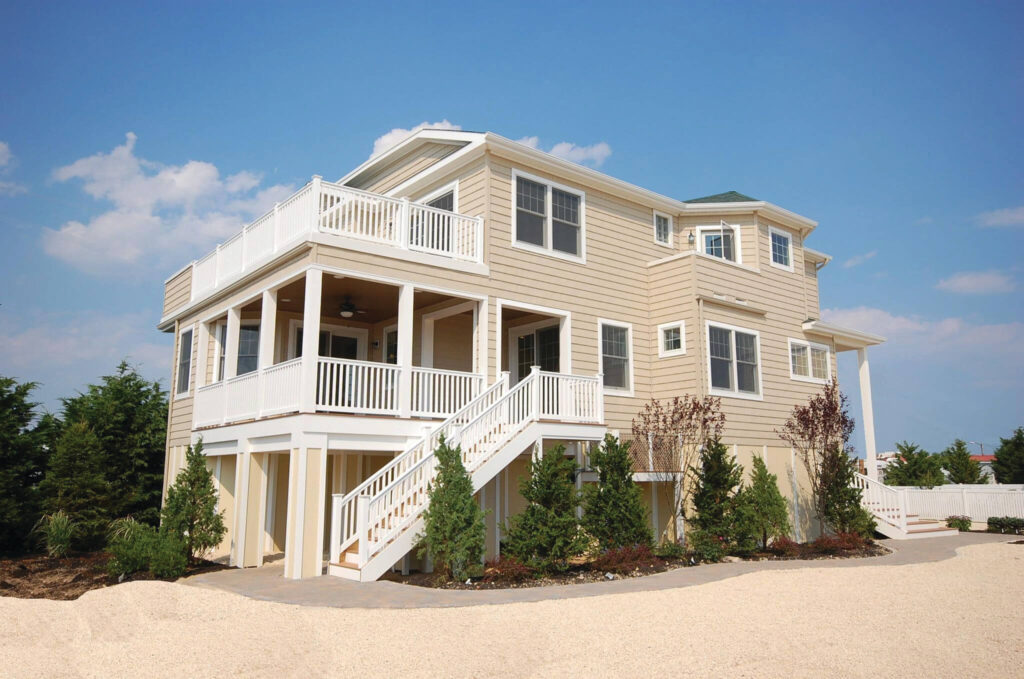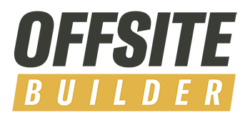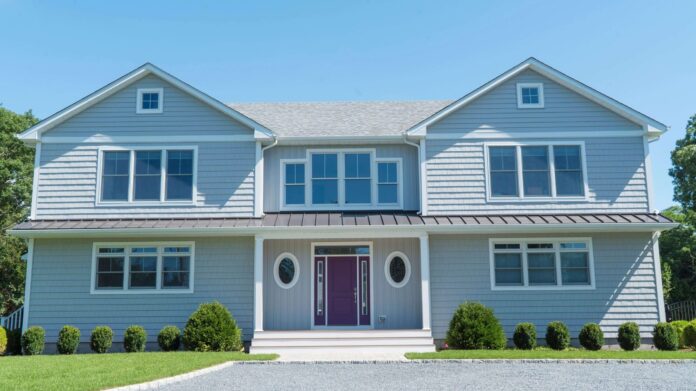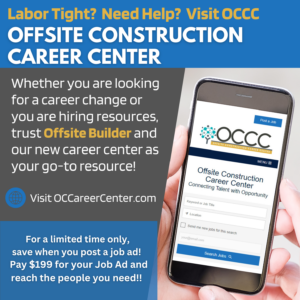Check out these survival stories from the last companies.
- The housing bust of ‘07-‘09 took out half of all US builders and a third of modular builders.
- The strategies pursued by the survivors included a focus on operational efficiency, aggressive marketing and giving employees a stake in the company.
- A common thread running through their stories is a commitment to agility in all parts of the business.
Housing and real estate are notorious for being cyclical. After the first few months of 2022, and a giddy 2021, many have predicted the market will crash. It’s the nature of the beast. The question builders should ask themselves is, what can they do to ensure they can survive the next downturn?
One of the primary causes of the Great Recession, which officially began in December 2007 and lasted through to June 2009, was that the housing bubble burst. Approximately, 50% of homebuilders (and one-third of modular builders) went under either voluntarily or through bankruptcy.
Residential construction began to recover around 2013. Even then, however, single-family starts per million since then has been about half of what it was in the three previous decades (and even less than in the 1970s and 1960s).
What did modular homebuilders do to get through the last downturn? Each has its own survival story and below are a few stories from businesses that successfully weathered the storm. Perhaps insights can be gained to help builders get through the next downturn.

Lean, Agile and Aggressive
Founded in 1972 in Indiana, Rochester Homes was cruising along before the recession. In 2004 and 2005, the company had its highest ever revenue: $15 million. Rochester Homes was in the second generation of family ownership, from Milam Anderson to his son Kenny, and had gone from focusing primarily on mobile homes to modular when the younger Anderson took over.
In 2007, sales were sliding, and by 2009, revenue had sunk to three million. Kenny Anderson was on the verge of liquidating the business, but two people kept him from following through – his son Tyler and his son-in-law, Alex Berlin.
“We felt we could jump in and reenergize the business, as it had lots of potential,” Berlin recalls. Tyler Anderson was having similar conversations with his father during this time. The pair wanted him to sell the business to them.
Kenny agreed to finance the sale but had a condition. The company would need to be liquidated if sales and profits didn’t meet a pre-determined benchmark in a specific amount of time.
The new owners did better than that. Sales doubled by 2011 and again in 2013. By 2014, sales were back to where they had been before the crash. At that point, Berlin and Tyler Anderson officially bought the company. Today, revenue at Rochester Homes is in the $30 million range.
Berlin recounts the turnaround story. They went as lean as possible, as fast as possible. They also hit the road and got to know builders. “Whenever opportunities came up, we would strike. For example, if a company went down, we went to the builder to try and replace them.”
The small company was agile. “While other companies were looking for the big hit, we took scraps of business, built relationships and fought the fight with them and did what we needed,” says Berlin.
The experience gained from building the business and the challenges related to the COVID pandemic have taught Berlin and Rochester Homes important lessons. “We have a hunger that’s part of our company nature now.”
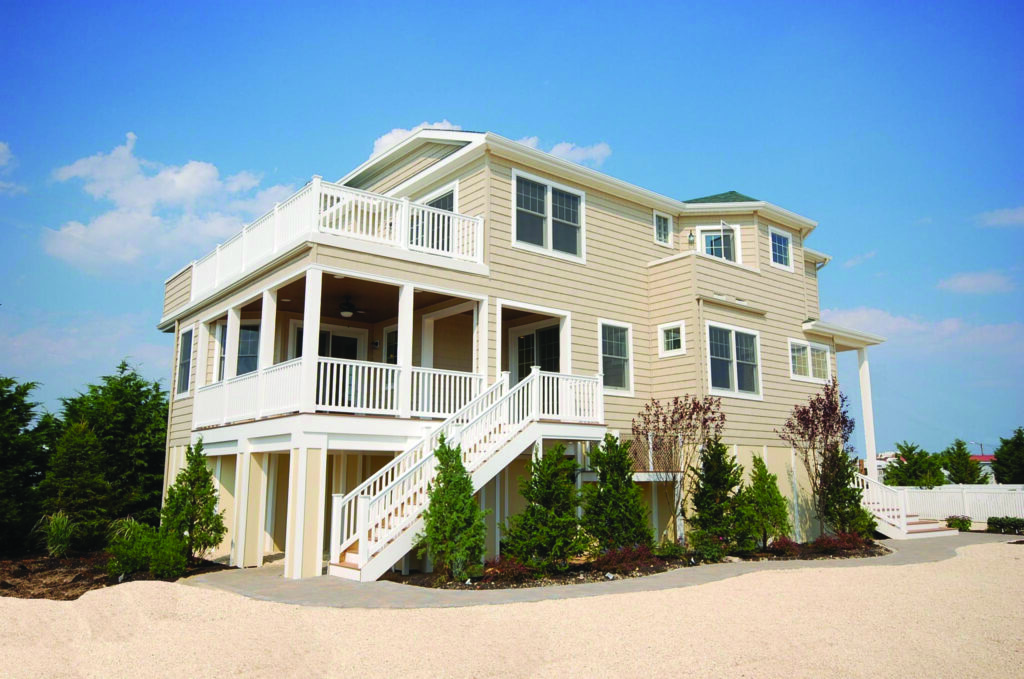
Cost Discipline and Shared Goals
Since its founding in 1990 by Robert Nipple, Apex Modular Homes of Pennsylvania has been serving the East Coast from Maine to South Carolina. Nipple was a visionary who aimed to make Apex a $100 million-a-year business.
To achieve that vision, he created multiple affiliated businesses, including one focusing on excavation and another on truss manufacturing. Revenues reached $40 million in the early 2000s, but the company also had tremendous debt. Trouble started in 2006, and the company began making major cuts. In 2007, Nipple passed suddenly. By 2012, Apex, unable to escape the mountain of debt, filed for bankruptcy.
Lynn Kuhnes, who had been employed by the company in various roles since 1992, wanted to buy it, which he succeeded in doing in 2014. He became laser-focused on the basics—improving the overall facility and ensuring that crews, staff and vendors were paid on time.
When he bought the business, few felt he could turn it around. Yet he did, and it managed to grow. “We watched everything we did and focused on having a quality product at an affordable price,” Kuhnes says. In 2014, revenues were $11 million. Today, they are $26 million. He credits the staff for working together and sharing a common goal: survival and success.
As Kuhnes considers the potentially murky future, he says it’s important to be prepared. The company has an established line of credit, but, to date, has yet to use it. They also strive to manage costs wisely. One way Apex does this is by maintaining the plant. “When we make improvements to the facility, it’s an investment in the business that can help us grow in the future.”

A finished kitchen inside a Westchester Modular Home.
Employee Incentives and Aggressive Marketing
In 1986, Westchester Modular Homes was established by two partners. A few years later one bought out the other. In the 1990s, the company thrived as it distinguished itself by offering greater customization (and higher standards) than the competition. They received buyout offers, but the owner declined. Ultimately, he did decide to sell in 2000 – to the company’s employees.
John Colucci, who has been with Westchester since 1989 and serves as the VP of Sales and Marketing, believes employee ownership was one of the keys to surviving the downturn and to the company’s overall success. Employees recognize that they get extra pay when the company is successful. Therefore, people from the factory floor to the executives are more in tune with the customer and maintaining quality.
When the housing slump hit, Westchester cut production by 20%. A few years later (2011/2012), production was down by between 30% and 40%. However, layoffs were limited. “We knew the downturn would end and we wanted to retain a nucleus of knowledge,” says Colucci.
The biggest challenges during that period, according to Colucci, were getting business through the door and dealing with very demanding customers. “We found ourselves building product that under normal conditions we would have turned down,” Colucci says. “We stretched the boundaries for the design of modular construction and entertained building anything that came through the door that made sense for the company.”
The sales team also engaged with the public in a way they never had before. “We pushed open house tours, tried to get customers to the factory and engage with them and coached builders how to qualify customers,” Colucci says.
These days Westchester runs lean. They also recognize good times won’t last forever and that it’s important to continue marketing. “We always want to be in front of people,” says Colucci. “They may not be buyers today, but we’ll need them down the line.”
The company also decides whom to give houses to when things are tight. It’s tempting to take on large projects, but not at the expense of serving regular customers.
